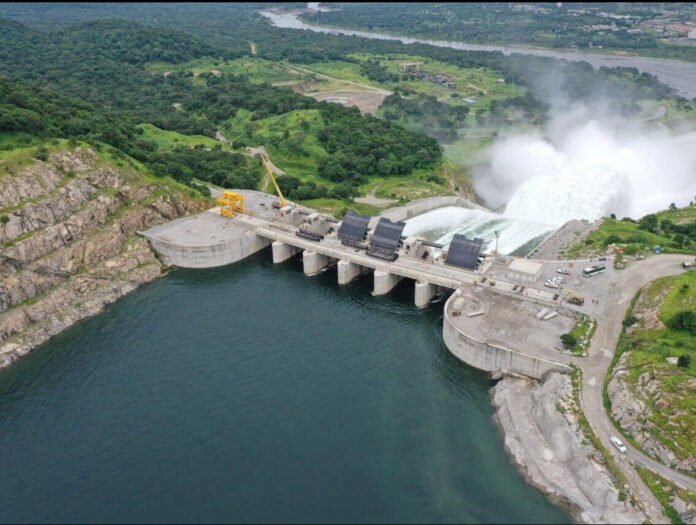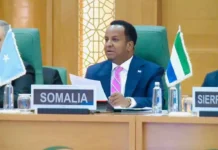ADDIS ABABA, (HAN) — Ethiopia is facing increasing pressure from major international powers to negotiate an agreement with Egypt and Sudan regarding its recently inaugurated Grand Ethiopian Renaissance Dam (GERD). The pressure comes amid renewed concerns over the management and equitable use of the shared water resources of the Nile Basin.
Egyptian President Abdel Fattah Al-Sisi, in a speech on Sunday, warned that Egypt would not stand idly by if Ethiopia’s dam reduces the flow of Nile water to Egypt and Sudan. His remarks have sparked heightened tensions between Egypt and Ethiopia, raising fears of a potential conflict over one of Africa’s most crucial water lifelines.
Diplomatic sources revealed that both the United States and the African Union have been urging the three countries to resume dialogue and reach a legally binding agreement on the filling and operation of the GERD. The United Nations Secretary-General has also called for restraint and constructive engagement, emphasizing that cooperation over the Nile is essential for regional stability and sustainable development.
Egypt, which depends on the Nile for nearly 97 percent of its fresh water, views the dam as a serious threat to its water security. Cairo has repeatedly insisted on a comprehensive, legally binding deal that guarantees the flow of water downstream and protects its long-term water interests.
Ethiopia, on the other hand, maintains that the GERD is a sovereign development project aimed at providing electricity to more than 60 million of its citizens who currently lack access to power. Prime Minister Abiy Ahmed reiterated that the dam will not harm downstream countries, stating that its purpose is to promote mutual benefit through regional energy integration.
Sudan’s position remains more nuanced. While Khartoum acknowledges the potential benefits of the dam, such as flood control and cheap electricity, it has expressed concerns about Ethiopia’s unilateral filling of the reservoir, which it says could endanger its water stations and dams if not coordinated properly.
So far, Ethiopia has completed four rounds of filling the dam’s massive reservoir, a move that Egypt and Sudan have criticized as a violation of previous negotiation frameworks. Despite several rounds of talks mediated by the African Union and international observers, the three nations have yet to reach a final, binding agreement.
The situation continues to attract global attention, as the Nile serves as a vital source of life and livelihood for over 250 million people across 11 countries. Analysts warn that failure to reach a compromise could escalate tensions further and potentially destabilize an already fragile region.




